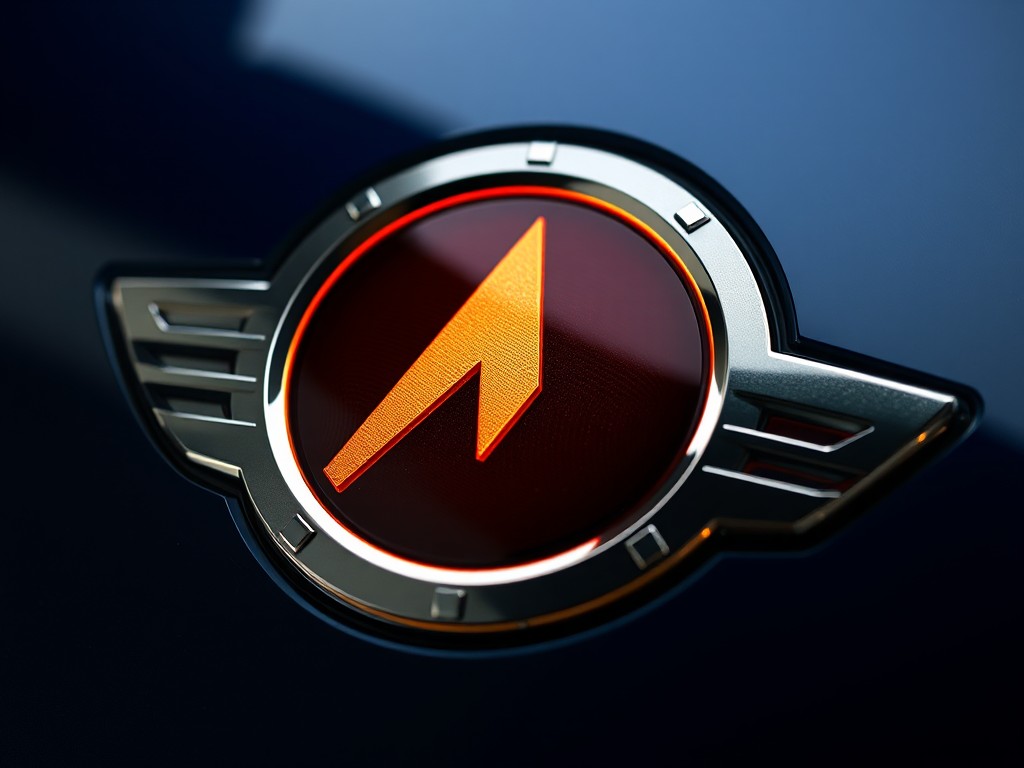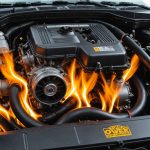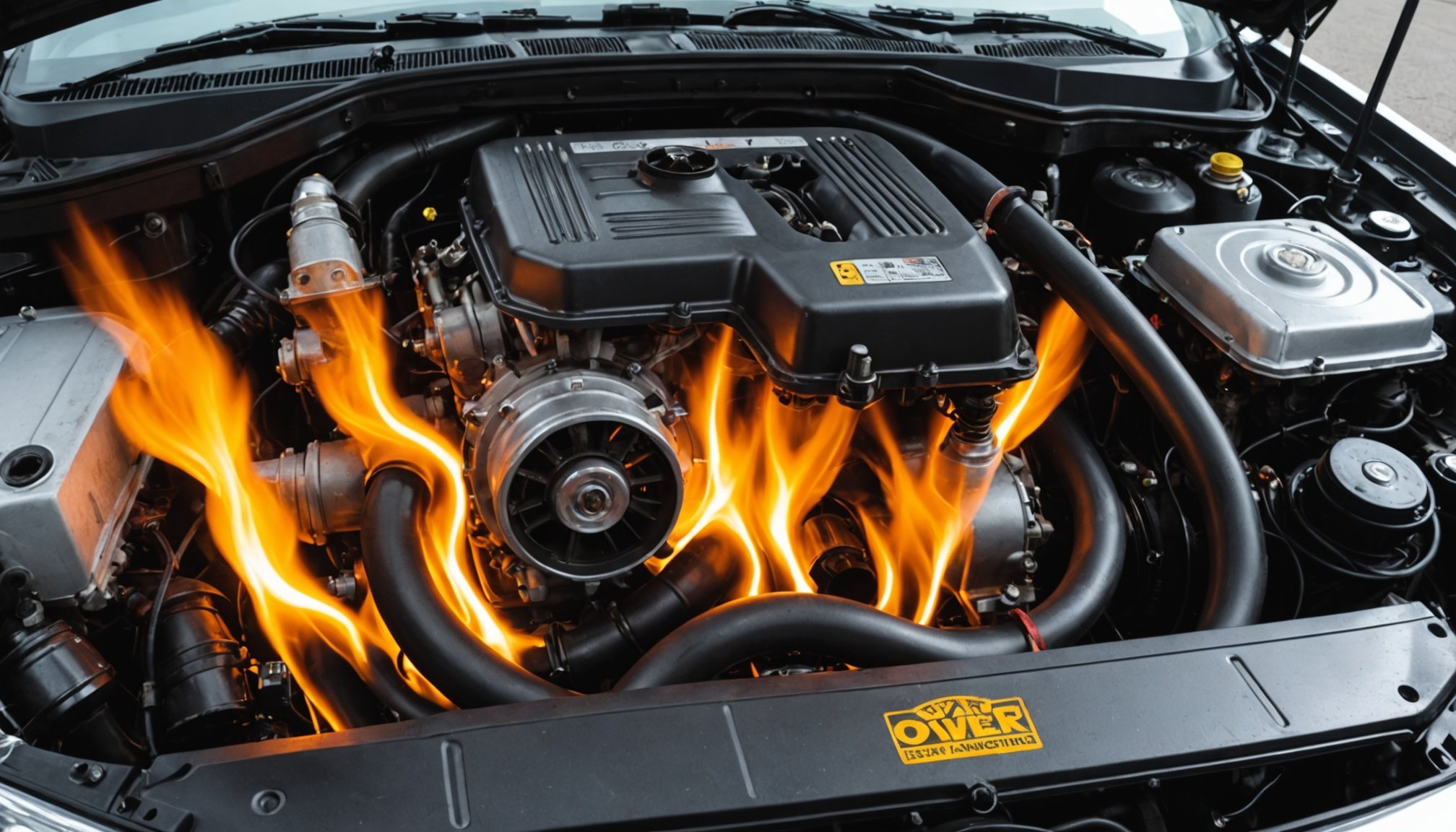When you are cruising down the road in your beloved vehicle, the last thing you want to see is the temperature gauge soaring towards the red zone. An overheating engine is not just an inconvenience; it can lead to serious damage if not addressed promptly. Understanding the common causes of engine overheating and how you can prevent them is crucial for every car owner. In this article, we will delve into the world of engines, coolants, radiators, and more to help you keep your car running cool and smooth.
Understanding the Cooling System in Your Car
Before we can tackle the reasons why a car might overheat, it’s necessary to understand how the cooling system works. The cooling system in a vehicle is a complex, interconnected network that involves several components including the radiator, the thermostat, the water pump, and the coolant itself.
Additional reading : What is the impact of Brexit on car insurance prices in the UK?
The engine generates a significant amount of heat while running. Most of this heat is expelled out of the exhaust system, but some of it is absorbed by the engine itself. If this heat is not managed properly, it can lead to engine damage. That’s where the cooling system comes in.
The water pump circulates a mixture of water and coolant through the engine, absorbing the heat. This heated coolant then travels to the radiator, where the heat is radiated into the air. The thermostat controls the flow of the coolant based on the engine’s temperature.
Also read : What are the signs that your car’s brakes need immediate attention?
However, if any of these components fail or the coolant isn’t effective, your engine’s temperature can rise, leading to overheating.
Common Causes of Engine Overheating
There are several potential reasons why your engine might overheat. Some of the most common causes include a malfunctioning thermostat, a failing water pump, a blocked radiator, insufficient coolant, and a broken fan.
A malfunctioning thermostat is one of the most common causes of overheating. If the thermostat doesn’t open, the coolant cannot flow through the engine, causing the temperature to rise.
The water pump is another crucial component. If it is failing, the coolant won’t circulate, leading to an increase in engine temperature.
A blocked radiator can also cause overheating. Over time, the radiator can become clogged with rust, dirt, and other debris, which can prevent it from effectively radiating heat.
Insufficient coolant is another common issue. If there isn’t enough coolant in the system, or if the coolant is old and degraded, it may not be able to absorb and carry away the heat.
Finally, if the fan that helps cool the radiator isn’t working properly, the system may not be able to expel the heat, leading to an overheated engine.
Symptoms and Dangers of an Overheated Engine
An overheated engine can cause severe damage to your vehicle. Understanding the symptoms can help you take prompt action and prevent more serious problems.
The most obvious symptom of an overheated engine is the temperature gauge on your dashboard. If it’s indicating a high temperature, your engine is likely overheating.
Other symptoms include steam or smoke coming from under the hood, a sweet smell (which could indicate leaking coolant), or a decrease in engine performance.
One of the greatest dangers of an overheated engine is a blown head gasket, which can result in significant damage and expensive repairs. Overheating can also warp the cylinder heads, lead to engine seizure, or even result in a total engine failure.
How to Prevent Engine Overheating
Preventing engine overheating is all about regular maintenance and being aware of the condition of your vehicle’s cooling system.
Regularly checking the coolant level is a simple but effective way to prevent overheating. Make sure the coolant is at the appropriate level and is not leaking.
Similarly, replacing the coolant as recommended by the vehicle manufacturer can also prevent overheating. Over time, coolant can degrade and become less effective at absorbing heat.
Keep an eye on your car’s temperature gauge. If you notice it starting to rise, it might be time to have your cooling system inspected.
Regularly inspecting and maintaining the water pump, the radiator, the thermostat, and the fan can also help prevent engine overheating. If any of these components are not functioning properly, they should be repaired or replaced.
What to Do if Your Engine Overheats
If you find yourself in the unfortunate situation where your engine is overheating, knowing what to do can potentially save you from significant damage and cost.
First and foremost, if your temperature gauge is indicating a high temperature, pull over as soon as it is safe to do so. Continuing to drive with an overheated engine can result in severe damage.
Once you have pulled over, turn off the engine to allow it to cool down. If you have coolant with you, you might be able to add some once the engine has cooled, but be careful to avoid burns.
Ultimately, if your engine is overheating, it’s important to have it inspected by a professional. They can identify the underlying cause and carry out the necessary repairs to prevent it from happening again.
Routine Maintenance and Your Cooling System
We’ve established that an overheating engine can be a significant problem, but what can you do to reduce the chance of it happening? One key to maintaining your vehicle’s cooling system and preventing your engine from overheating is good old-fashioned regular maintenance.
Top among these maintenance tasks is keeping tabs on your coolant level. It’s a simple step, but crucially important. Coolant, as a mixture of water and anti-freeze, plays a pivotal role in absorbing excess heat from the engine and expelling it through the radiator. If your coolant level is low, the system can’t perform these tasks as effectively, increasing the risk of engine overheating. Regularly pull out the dipstick or take a look at the reservoir to ensure your coolant is at the recommended level.
Equally important is the condition of your coolant. Over time, the efficiency of the coolant can degrade, making it less effective at absorbing and carrying away heat. Following the vehicle manufacturer’s guidelines for coolant replacement is a simple way to keep your engine temperature in check.
Beyond the coolant, other components like the water pump, thermostat, radiator, and radiator fan should also be given attention. Regular inspections can help identify any potential issues like leaks, blockages, or malfunctions. Catching these early can save you from more expensive repairs down the line.
Additionally, ensure that the belts and hoses related to your cooling system are in good condition. These components are responsible for driving the water pump and the radiator fan. If they fail, your cooling system won’t function effectively, leading to a potential engine overheat.
Conclusion
Driving a car that is in danger of overheating can be stressful and potentially dangerous. Not only can an overheated engine leave you stranded on the side of the road, but in severe cases, it can also result in expensive repairs like a blown head gasket, warped cylinder heads, or even total engine failure.
Understanding the common causes of engine overheating, like a malfunctioning thermostat, a failing water pump, a blocked radiator, insufficient coolant, and a dysfunctional fan, can help us identify and address potential issues. Regularly checking and maintaining the coolant level, inspecting components of the cooling system, and following the manufacturer’s guidelines for coolant replacement are all proactive steps to preventing your car engine from overheating.
However, if your temperature gauge indicates a high engine temperature, your best course of action is to pull over safely and allow the engine to cool down. Continuing to drive can cause more damage.
Remember, when it comes to dealing with an overheating engine, prevention is always better than cure. Regular maintenance and vigilance can help keep your vehicle running smoothly and your engine temperature within the normal range. And, if your engine does overheat, don’t despair. Seek professional help to diagnose and fix the root cause of the problem.
Stay cool and happy motoring!











